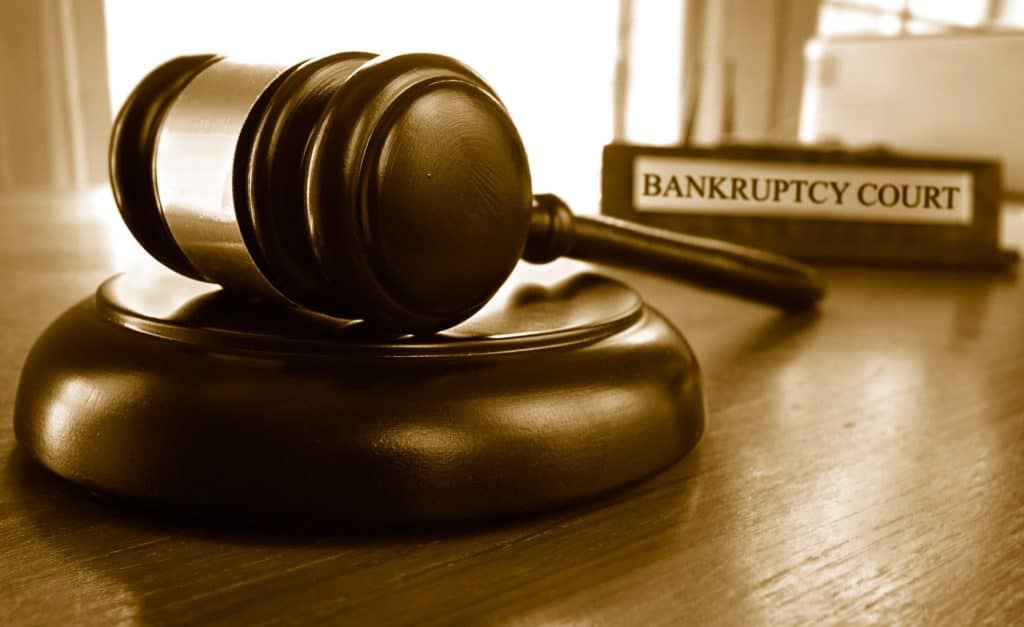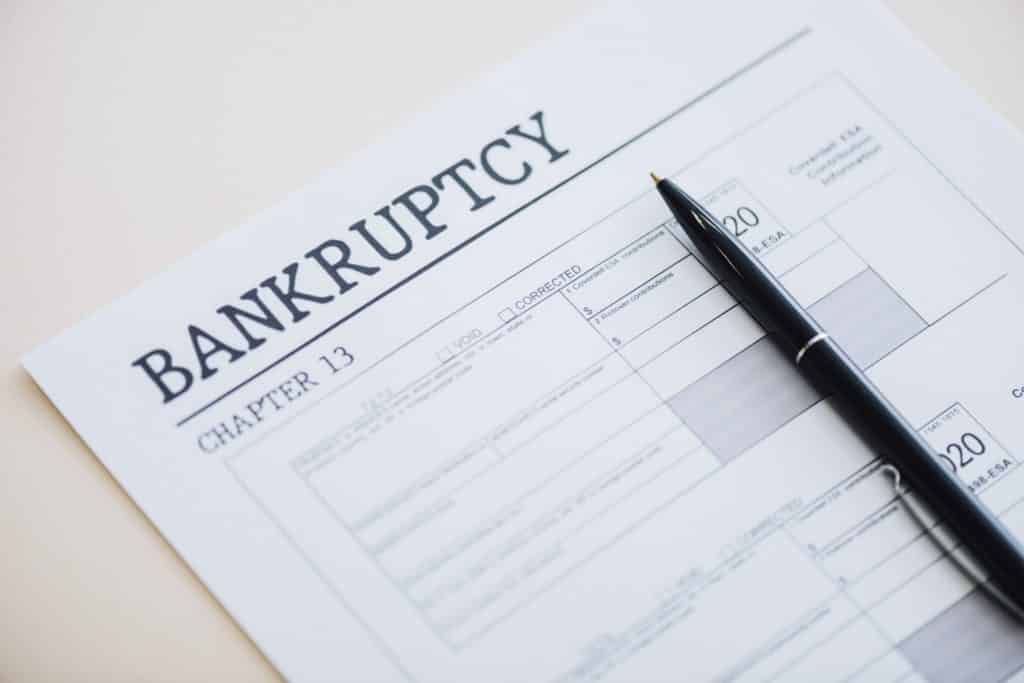What Types of Debts Cannot Be Discharged in an Arkansas Chapter 13 Bankruptcy?

The types of debts you have incurred can affect your bankruptcy differently. Here’s a handy guide.
Things to Avoid When Filing Chapter 13 Bankruptcy in Arkansas

Chapter 13 can be a tremendous help if used correctly, but it is also one of the most complicated forms of bankruptcy. Here are a few things to avoid.
How a Hardship Discharge Works in an Arkansas Chapter 13 Bankruptcy

What is a Hardship Discharge, and how does it affect your Chapter 13 Bankruptcy?
Questions to Expect During a Chapter 13 Bankruptcy in Arkansas

Here are some questions to prepare for when filing your Chapter 13 bankruptcy.
Can Chapter 11 Bankruptcy in Arkansas Be Denied?

What are the reasons a bankruptcy can be denied? What options are available to you after a denial? Let’s shed some light on these topics.
What Is a Reorganization Plan for Chapter 11 Bankruptcy in Arkansas?

Chapter 11 bankruptcy is the most complicated type of bankruptcy, and a reorganization plan is an essential element of it. Here’s some information on both.
Do You Lose Assets in Chapter 11 Bankruptcy?

Understanding the basics of Chapter 11 Bankruptcy is the first step in determining if this path is right for you. The next is understanding if you can keep any assets. This post explains more.
Eligibility Requirements for Chapter 13 Bankruptcy in Arkansas

Although Chapter 13 bankruptcy offers significant protections for struggling individuals, the resulting reorganization may not be worth the time, effort, and money involved. It’s important to understand what happens through the filing to ensure it’s right for you and your specific financial situation.
Can Chapter 13 Bankruptcy in Arkansas Be Denied?

There are certain cases where a Chapter 13 filing could be denied. Arkansas filers, especially, should read this post to learn more about those instances and how working with a knowledgeable bankruptcy law team can help avoid these issues.
How Personal Bankruptcies Work and What Happens After Filing

After filing for personal bankruptcy, the court will freeze most of your financial assets, and you’ll be granted an automatic stay (meaning creditors cannot pursue your debts). From there, the court will assign your case to a trustee, and that person will organize a Meeting of Creditors to alert them of your filing.


